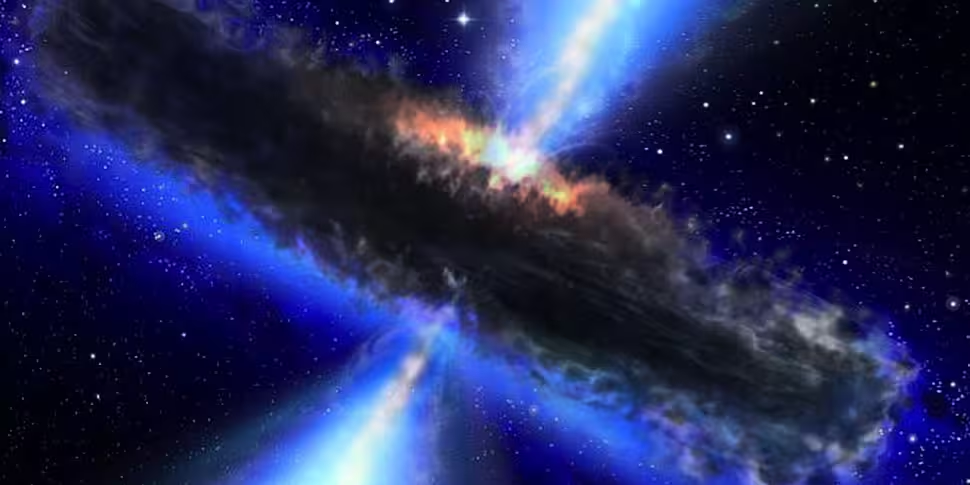Five "supermassive" black holes that were previously hidden by clouds of dust and gas have been uncovered by a British-led team of astronomers.
They are described as powerful cosmic "drains", which suck up everything that comes close to them.
Scientists think there could be millions more that have not been found yet.
The discovery was made using NASA’s Nuclear Spectroscopic Telescope Array (NuSTAR) satellite observatory, with the research led by Durham University astronomers.
NuSTAR, which was launched in 2012, is able to detect much higher energy X-rays than earlier satellite observatories, making the discovery of these previously hidden black holes possible.
Daniel Stern, project scientist for the observatory at NASA's Jet Propulsion Laboratory in California, said, "high-energy X-rays are more penetrating than low-energy X-rays, so we can see deeper into the gas burying the black holes. NuSTAR allows us to see how big the hidden monsters are and is helping us learn why only some black holes appear obscured."
Robert Massey from the Royal Astronomical Society says it is an important discovery:









